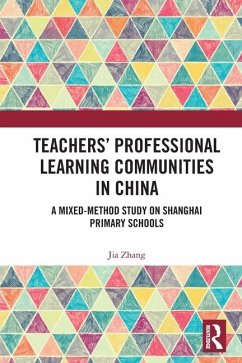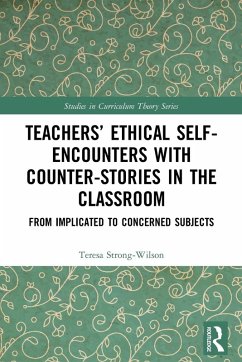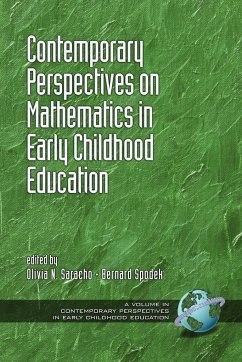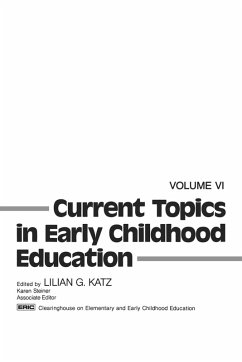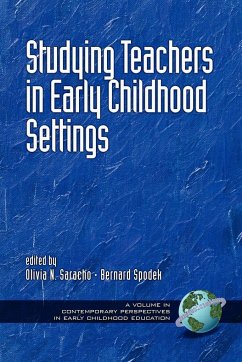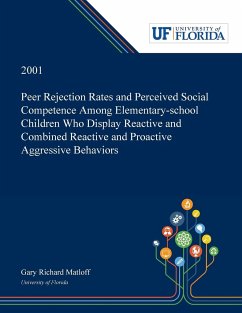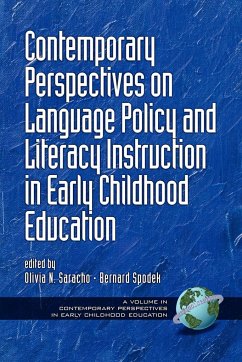
Early Childhood Teachers' Professional Competence in Mathematics
Versandkostenfrei!
Versandfertig in 1-2 Wochen
54,99 €
inkl. MwSt.

PAYBACK Punkte
27 °P sammeln!
This edited volume presents cutting-edge research on the professional competence of early childhood mathematics teachers. It considers professional knowledge, motivational-affective dispositions, skills and performance in early childhood mathematics and outlines future fields of research in this area.





